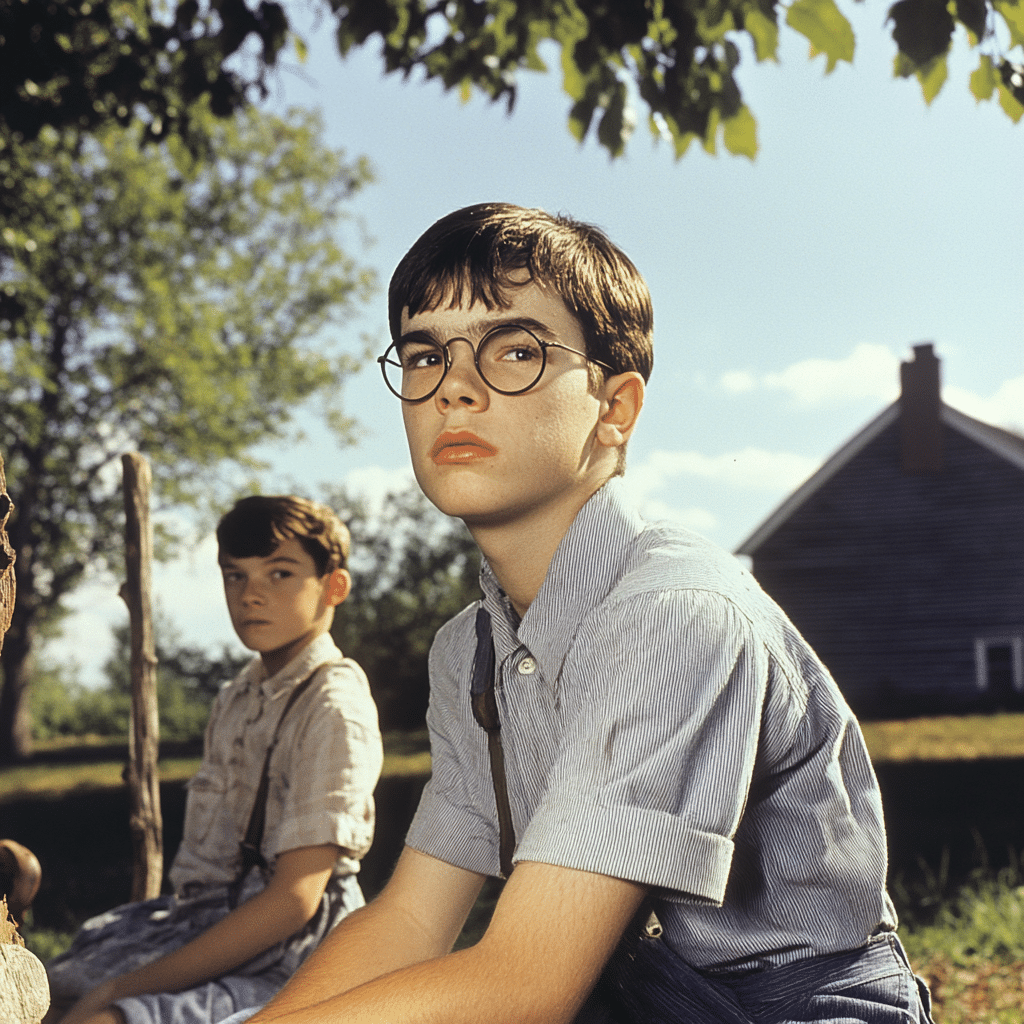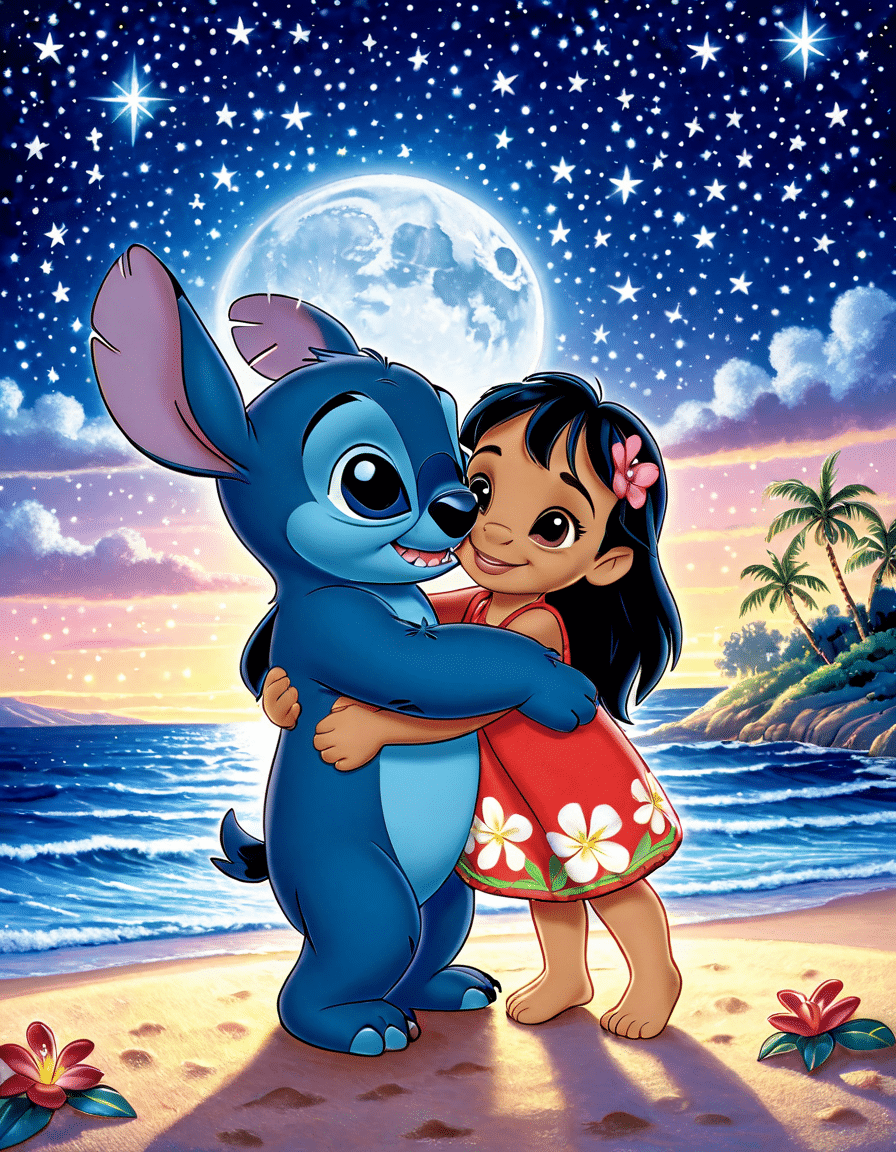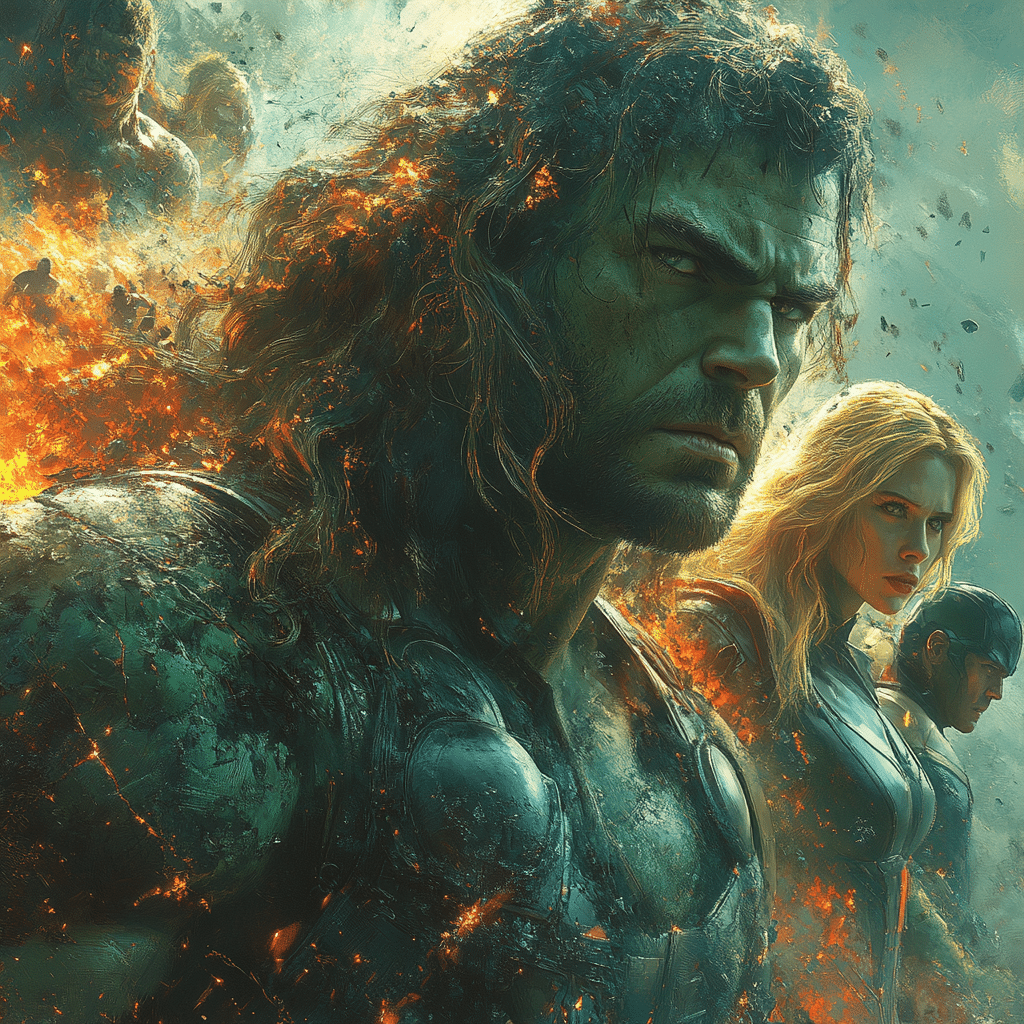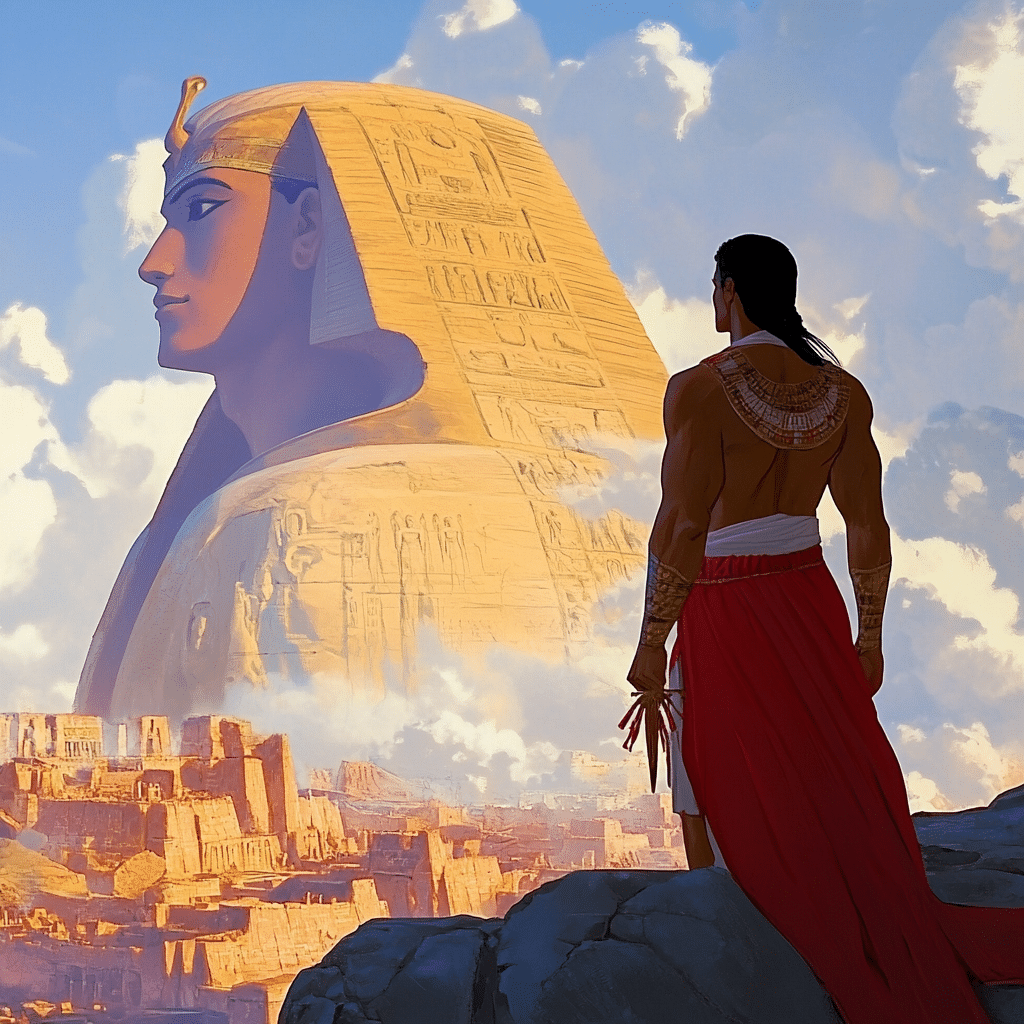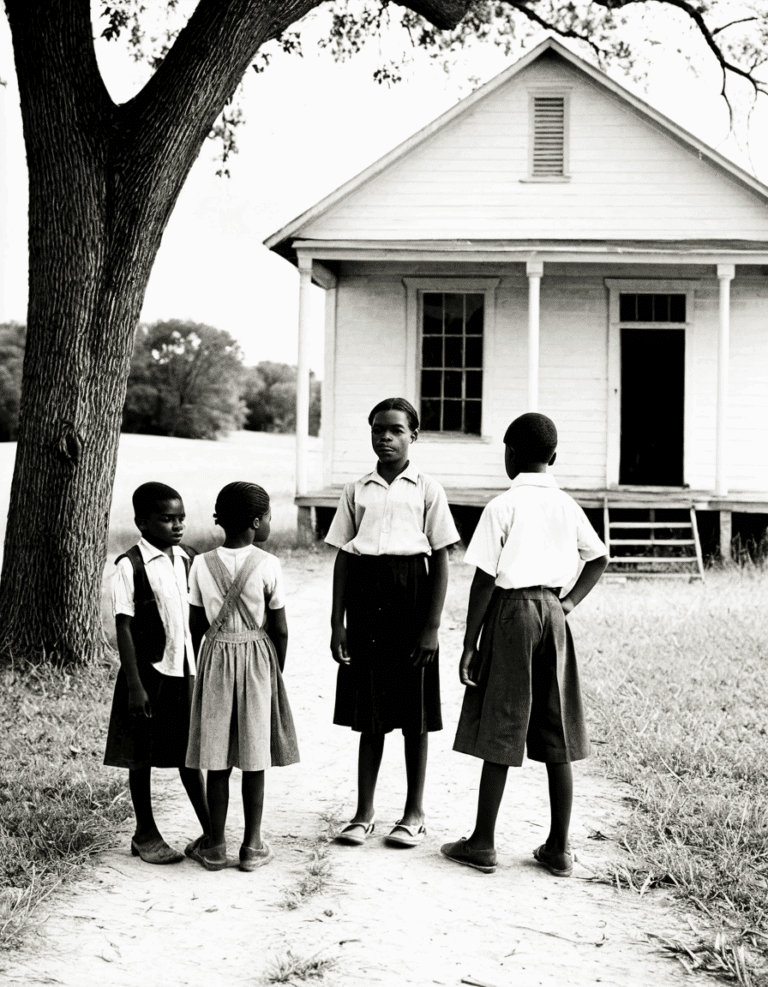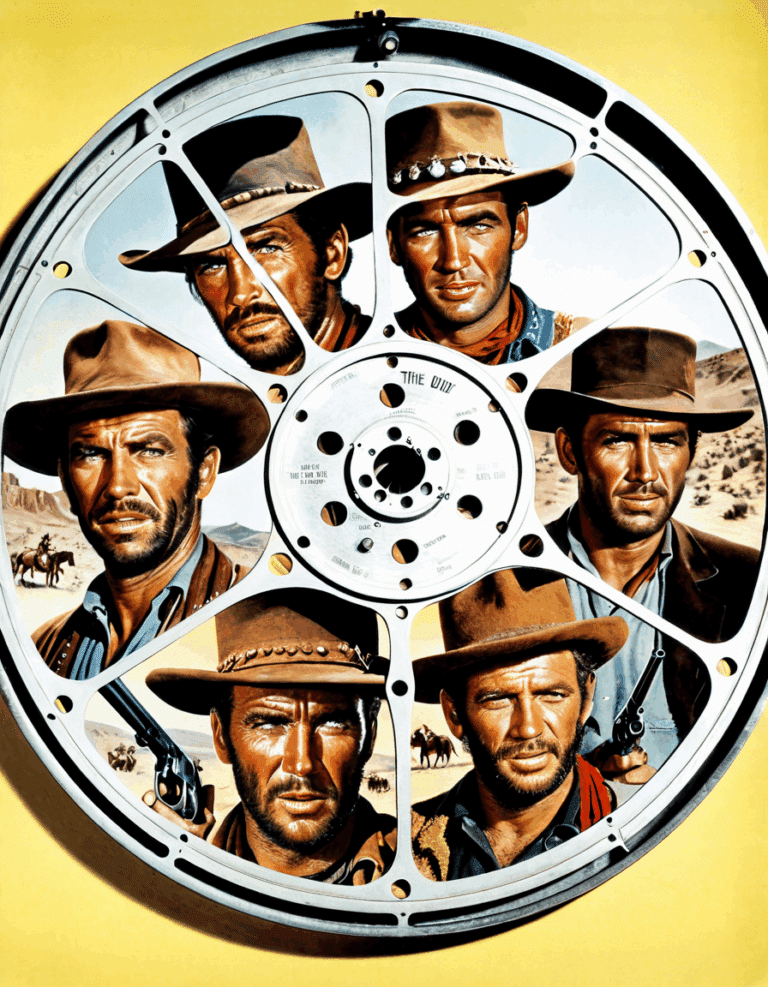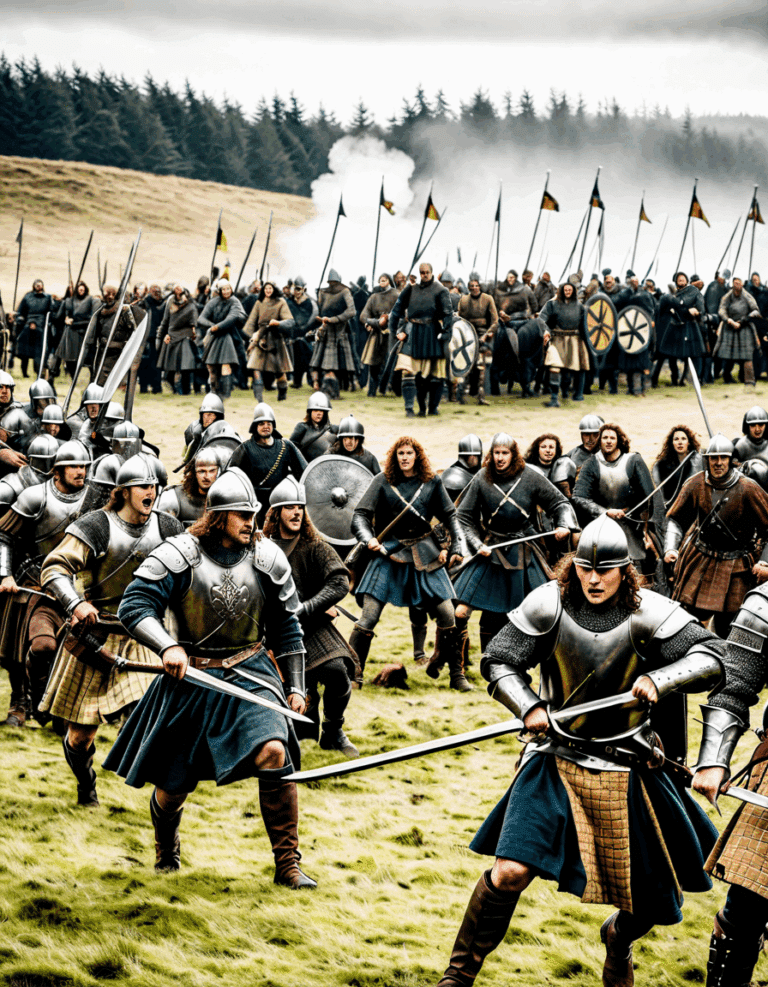Harper Lee’s To Kill a Mockingbird is like that dear old friend you can always count on for wisdom, even in today’s wildly unpredictable sociopolitical climate. Since its debut in 1960, this compelling work hasn’t just survived the test of time; it’s thrived, offering insights into justice, morality, and, let’s not forget, good old-fashioned empathy. Set in the Deep South during the 1930s, this unforgettable narrative wraps its arms around themes of racial injustice and moral growth through the innocent eyes of children—Scout and Jem—that remind us all just how crucial these lessons are today!
So, grab your favorite cozy sweater dress, settle in, and let’s dive into the seven essential lessons on justice inspired by To Kill a Mockingbird. Trust me; you won’t want to miss this journey!

7 Essential Lessons on Justice from To Kill a Mockingbird
1. Empathy is Key
Here’s the kicker: the book teaches us that to truly grasp another’s experience, we should walk a mile in their shoes. It’s a lesson we seriously need right about now. Just look at modern movements like Black Lives Matter that are all about empathy and understanding in a world often divided by race and class. If we could all just step outside our own bubbles for a second, we might find some common ground, just like Atticus Finch, who so effortlessly showcases this trait.
2. The Flaws of the Legal System
Atticus Finch, the moral compass of the story, pulls back the curtain on our supposedly perfect legal system. The trial of Tom Robinson serves as a wake-up call regarding racial bias—something that rings all too familiar in our current news cycles. High-profile cases like those of George Floyd and Breonna Taylor reveal systemic issues that echo the prejudices so skillfully portrayed in Lee’s work. It’s a poignant reminder that justice can sometimes slip through the cracks.
3. Moral Education
Education isn’t just about sitting in class reciting facts; it’s about the lessons that shape our very humanity. Scout and Jem grow into moral beings not solely through formal education but via experiences that challenge their worldview. Like McMurphy in One Flew Over the Cuckoo’s Nest, who dares to challenge the norms, Atticus teaches his kids that morality is often a personal and messy journey. This thought-provoking narrative helps us realize that understanding is always evolving.
4. Courage in the Face of Adversity
You know what they say: true bravery isn’t about being fearless; it’s about standing up for what’s right despite overwhelming odds. Whether it’s Atticus defending Tom Robinson or today’s environmental activists fighting the good fight against climate change, courageous souls often pay a hefty price for their convictions. It’s reminiscent of the symbolism in The Killing of a Sacred Deer, where confronting difficult truths can come at a great personal cost.
5. The Illusion of Innocence
The mockingbird, a symbol of innocence, reminds us of the deadening societal evils that can corrupt pure dreams. Just think of modern tales about youth disenfranchisement that echo this reality—it’s truly the death of a unicorn. In a world too often marred by injustice, preserving innocence becomes a collective responsibility. We can’t let societal pressures snuff out the hope that young folks bring!
6. Community and Collective Responsibility
Here’s a stark truth: communities can sometimes be breeding grounds for prejudice. Lee’s exploration of collective action reminds us that when united, communities can make a difference. Think about the activists who rallied after the Stoneman Douglas High School shooting. Their efforts revealed that society can change—if we come together and tackle injustice head-on.
7. The Power and Perils of Perspective
Lee narrates her story from a child’s point of view, showing us just how vital perspective is in shaping our perceptions. Similarly, films like Moonlight use diverse perspectives to stir empathy in audiences. It’s like a treasure trove waiting to be explored—understanding multiple viewpoints opens our minds and hearts to the complexities of justice.
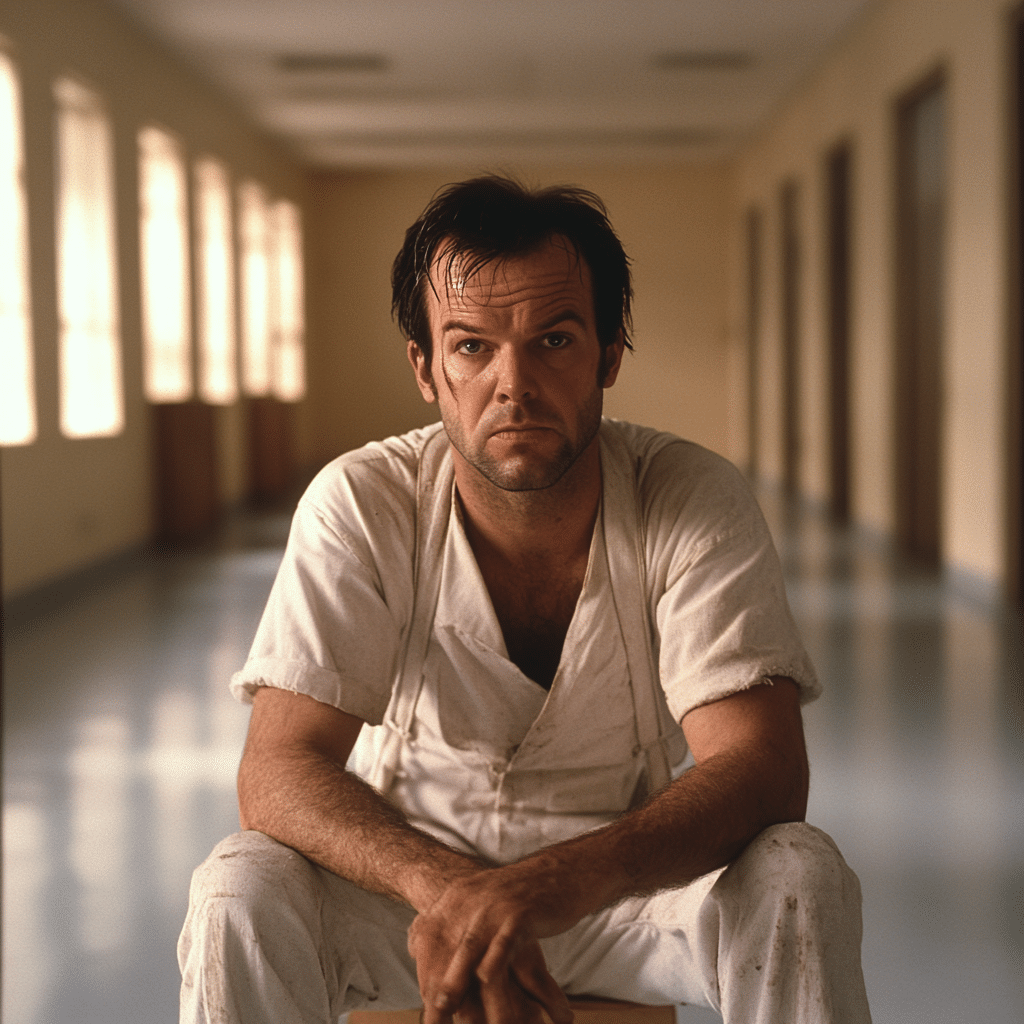
The Impact on Literature and Society
To Kill a Mockingbird isn’t just another book; it’s a seismic force that has rippled through literature, film, and even our social conversations. Its themes have inspired countless adaptations and discussions, reminiscent of what we see in recent films like The Hate U Give and Just Mercy. These stories keep pushing us to examine our values and the systemic issues that persist in today’s reality.
Moreover, the novel’s lasting impact hasn’t limited itself to just pages and screens. It has influenced how society perceives justice, turning literary insights into actionable discussions. As we reflect on the moral grounding found in To Kill a Mockingbird, let’s give a nod to the trickle-down effect it has had on modern storytelling and socio-political activism.
Redefining Justice Through Artistic Lens
Art—be it literature, film, or even children’s animated classics like Lilo & Stitch—plays a critical role in transforming our views on justice. The teachings of To Kill a Mockingbird challenge us to recognize that the stories we digest can ignite change. The exploration of moral complexity found in Lee’s work reminds us that justice isn’t black-and-white; it’s a colorful spectrum that calls for deep reflection and growth.
At the end of the day, To Kill a Mockingbird is more than a tale of children grappling with an unfair world. It’s a timeless nudge for us all to hold ourselves accountable in the fight for justice. As we navigate the convoluted path of modern society, may the lessons from this beloved novel guide us toward understanding, tolerance, and ultimately justice for all.
So, if you haven’t picked up that old classic in a while, now’s the perfect time. Read it, and let it inspire you to bring about some change—because we can all learn a thing or two from Scout and Jem!
To Kill a Mockingbird: Fun Trivia and Interesting Facts
Behind the Story
When Harper Lee penned To Kill a Mockingbird, she drew inspiration from her own youth in Monroeville, Alabama. The character of Scout Finch, the curious and spirited protagonist, reflects aspects of Lee’s own childhood. Interestingly, the name ‘Scout’ isn’t just a nod to her inquisitive nature; it also subtly symbolizes the search for truth, much like how Lilo & Stitch showcases the significance of family and friendship against a backdrop of adventure. While navigating the themes of racial injustice and moral growth, Lee’s novel resonates with the same intensity as acclaimed projects like True Detective Season 3, where the complexities of human nature are explored.
The Impact on Culture
Since its publication, To Kill a Mockingbird has made waves far beyond the realm of literature. Its adaptation into film—a classic that remains a cultural touchstone—has influenced countless works, much like how St. Elmo’s Fire captured the essence of youth and friendships in the 1980s. The film featured performances that echoed the high stakes of moral dilemmas, similar to those faced by Atticus Finch in the book. Moreover, the novel’s poignant lessons on empathy and understanding resonate even today, connecting it to contemporary debates around social justice. In this fast-paced age of information, resources like Dinarguru highlight ongoing discussions about justice and integrity that mirror Lee’s timeless teachings.
Recognition and Legacy
To Kill a Mockingbird isn’t just a tale of childhood innocence—it’s earned its place in the American literary canon by winning the Pulitzer Prize for Fiction in 1961. This meant that the book wasn’t just read; it was celebrated, much like fashion trends where sweater Dresses continue to take the spotlight season after season, reflecting changing tastes and societal values. Additionally, the character of Boo Radley serves as a vital lesson in understanding the fears we project onto others. Just like how one might understand the journey of a character in a gripping story or a dynamic documentary on Derpixion, the path to understanding Boo illustrates the importance of compassion amidst prejudice.
In an era filled with distractions, revisiting To Kill a Mockingbird reminds us of enduring truths amid shifting tides. It’s like embarking on a new journey every time you delve into the pages, much like discovering new podcasts or series that reflect current societal trends. As we explore these timeless lessons, characters like Atticus echo through time, urging us to uphold justice and understanding in every aspect of life.
